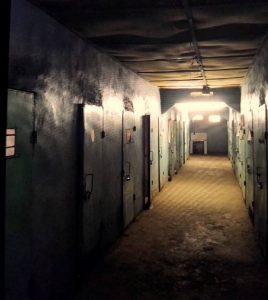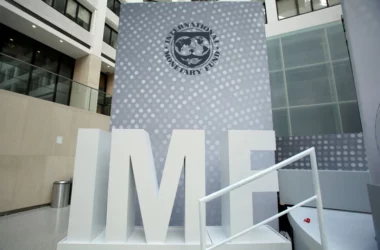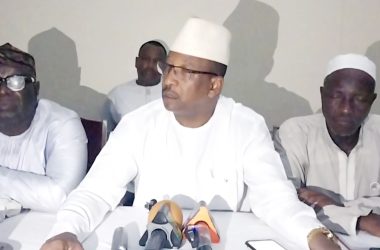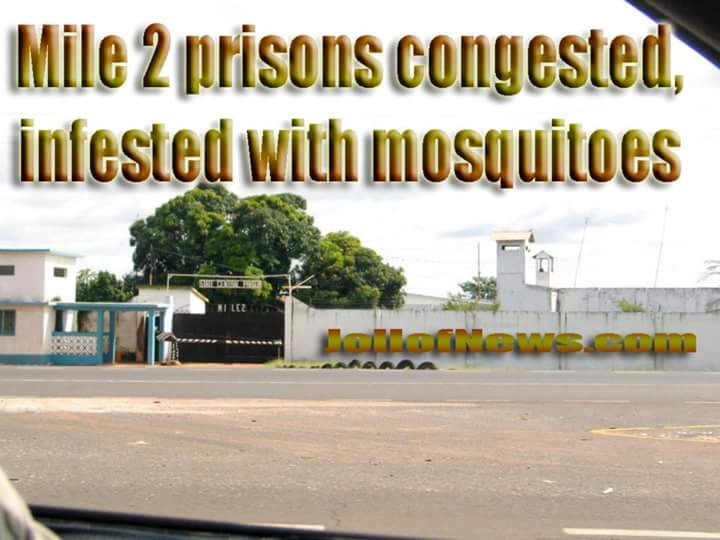
The Gambia claims to be the headquarter of the African Commission for Human and People’s Rights and home the African Center for Democracy and Human Rights Studies (also known as the Banjul Charter) an international human rights instrument that is intended to promote and protect human rights and basic freedoms in the African continent yet Gambian authorities turns a blind eye while the police and the criminal justice system fill the Gambia’s prisons to bursting.
Even worse, most inmates are poor and marginalized Gambians held on petty theft and non-violent charges, while the rich and powerful commit crimes without fear of prosecution.
The Gambia’s criminal justice system, just like most of the Gambia’s public institutions, has its origins in the colonial administration. The colonial state and its institutions sought to: pillage, oppress, humiliate, mistreat, debase and dehumanize the native African.
The colonial state achieved these perverse objectives through unnecessary, brutish and disproportionate exertion of coercive power against the native African. This colonial legacy and mind-set beleaguer many of the country’s public institutions to date. That is why, five decades after the end of official colonialism, the Gambia state is okay with the idea of arrested persons defecating in buckets instead of proper toilets.
Why would the Director of Public Prosecution and the police be so keen on arresting suspects on and opposing bail applications if their police and remand cells had the lodging and sanitation facilities/amenities expected in a modern, civilized, open and democratic society?
If the Gambia is truly, the home of the African Charter on Human and Peoples’ Rights then Gambians must bow their heads in shame at the inhumane levels of inhumane treatment of inmates, overcrowding in their nation’s Prisons Services.
This is precisely the opposite convictions and ideals of the founding drafters of the Banjul Charter’s core message of care, compassion and human and people’s rights for the poor and downtrodden.

The Gambia may be not a “civilized” country. However, until the government release the masses of non-violent citizens who are rotting in prison due to the Gambia’s colonial dynamics, legacies and their own harsh archaic laws, and judgmental attitudes against inmates: There is little empathy, redemption and salvation for the rest of other Gambians behind the walls.
Colonial legacy explains why the Gambia’s criminal justice system, the police, remand and prison cells have no dignified bedding, meals and other basic amenities. The Colonial legacy explains why the police still require arrested persons to remove shoes, belts, watches etc.
It explains why the police and security officers are obsessed with arresting and detaining persons who would, likely, faithfully attend court upon the issuance of summons. That is why the police are hostile to the idea of arrested persons meeting their relatives and advocates. That is why the police handcuff people who are unlikely to escape from lawful custody.
The Gambia’s criminal justice system, which has its origins in colonialism, does all these perverse things, among others, just to humiliate, debase and dehumanize. Without regard to the possibility that the suspect may be innocent of the alleged offence(s).
Moreover, because the colonial system was antithetical to the notions of human dignity, due process and human rights, the Director of Public Prosecution still think they can arrest anyone at any time with or without a reasonable or lawful justification.
In sum, colonial legacy explains why the Gambia’s criminal justice system is almost synonymous with unjustifiable humiliation, mistreatment, debasement and violation of suspects’ inherent human dignity and other human rights.
Most Gambians are blissfully unaware of just how many people are, or have been, subject to containment or control is, perhaps, unsurprising that inmates are humans, too.
Prisons are built to be out of sight and are, thus, out of mind. Somehow, even though these institutions contain human beings, including children, and even though Gambian peoples are the ones who cough up the tax payer’s money that it costs to run prisons and Prison Services, we are expected simply to trust that Prison Services are operated humanely and that they in fact make our society safer.
As clearly shown on television inside the Mile II Central Prisons, has evidence of severe abuses that have taken place within them. It is past time that the public has unfettered access to these public institutions so that we can know exactly what happens behind prison walls. Overcrowding results into undesirable conditions which impact negatively on the correctional activities. If not controlled, it can bring communicable diseases such as HIV/AIDS and tuberculosis as well as violate human rights.
The Gambian prisoners are starved, packed into cells unfit for human habitation, and face beatings at the hands of certain guards or fellow inmates. Children, pregnant women, pre-trial detainees, and convicted criminals are condemned to brutal treatment and are at serious risk of drug-resistant tuberculosis and HIV infection.
Make no mistake about it, people of conscience would not support how fellow Gambians mistreat and neglect their brothers and sister (and even children!) in prison. Instead they should walk among inmates with love and compassion.












